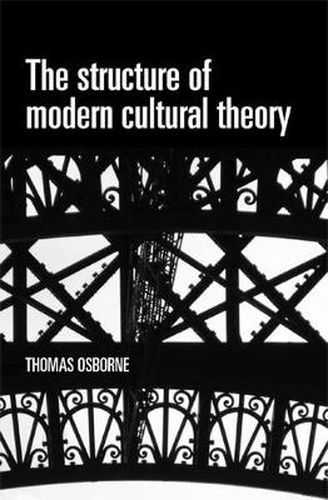Readings Newsletter
Become a Readings Member to make your shopping experience even easier.
Sign in or sign up for free!
You’re not far away from qualifying for FREE standard shipping within Australia
You’ve qualified for FREE standard shipping within Australia
The cart is loading…






This book is about the claims of Cultural Theory as a particular kind of intellectual ethos or discipline. The book argues that Cultural Theory is best seen, at least in its ‘modern’ form, as an ethical discipline. As such, modern Cultural Theory should be seen as a form of inquiry governed by the guiding idea of the cultivation of critical autonomy and, as such, is designed as much to change what we are in our relations to ourselves as to describe the world as it is in particular ‘positive’ ways. The content of the book develops this argument through critical readings of three canonical writers, namely Theodor Adorno, Michel Foucault and Pierre Bourdieu. A final chapter contrasts the ethical idea of modern Cultural Theory developed here with its postmodern derivations, which, it is argued, have taken both a more positivist and even more moralistic form.
$9.00 standard shipping within Australia
FREE standard shipping within Australia for orders over $100.00
Express & International shipping calculated at checkout
This book is about the claims of Cultural Theory as a particular kind of intellectual ethos or discipline. The book argues that Cultural Theory is best seen, at least in its ‘modern’ form, as an ethical discipline. As such, modern Cultural Theory should be seen as a form of inquiry governed by the guiding idea of the cultivation of critical autonomy and, as such, is designed as much to change what we are in our relations to ourselves as to describe the world as it is in particular ‘positive’ ways. The content of the book develops this argument through critical readings of three canonical writers, namely Theodor Adorno, Michel Foucault and Pierre Bourdieu. A final chapter contrasts the ethical idea of modern Cultural Theory developed here with its postmodern derivations, which, it is argued, have taken both a more positivist and even more moralistic form.